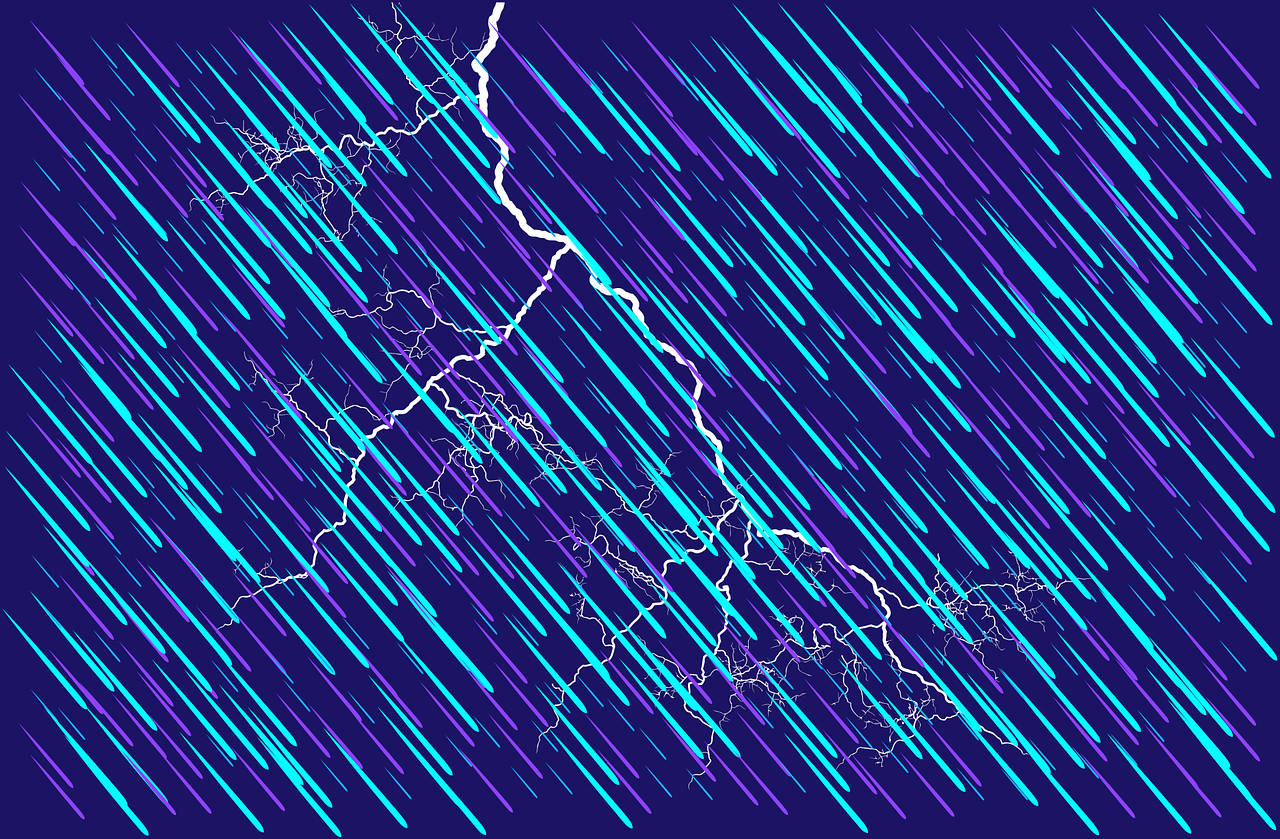Natural versus human causes
It is important for those who plan responses to major incidents to grasp that survivors will have different responses to incidents depending upon the cause. Understanding of this aids effective planning and responder effectiveness in aiding survivors recovery.

What might be a disaster for one person, can be catastrophic for another, causing this individual significant trauma. For example, a relatively small flood that might wipe out a single person’s livelihood, so while there is limited impact for the wider community, the individual may feel devastated leading to a slower complicated recovery for the individual concerned.
It is also important for responders to have some understanding about the differing impact on survivors of experiencing a natural or human caused major incident.
Natural disasters may occur with more warning than other types of incidents enabling people to take some evasive actions. Survivors in these circumstances can experience a sense of the incident as unavoidable and unpredictable, for some it may be experienced as fate. When a natural disaster occurs there may be a concern about a reoccurring danger.
In the aftermath of these types of incidents survivors responses may turn to anger directed at agencies and individuals for not doing enough. The impact of the disaster can be somewhat alleviated by human responses that follow unifying the community and leading to a sense of collective pride.
Whereas major incidents with a human cause for example, acts of terror, may be viewed as preventable and going against the social order, these types of disasters may result in feelings of outrage that are later directed towards organisations and agencies for either carrying out the acts or for not doing enough to prevent them.
The individuals responses to disasters and their perception of the cause can also affect the outcome for survivors, so it is essential that responders understand the psychological impact of this for the individuals concerned.
Some things to think about
- Are you aware of any sources of support in place for responders to promote their resilience enabling them to deal with any sensitive or distressed behaviours that they are likely to be exposed to?